This July 10 is the posthumous 90th birthday of Chief Joseph Tarka, the moral and political leader of the peoples of the Middle Belt. If he were alive – he died on March 30, 1980, in London – he would almost certainly be hanging out with those other nonagenarians who have courage and moral clarity – Pa Edwin Clark (95 years) and Pa Ayo Adebanjo (94 years).
In these days of anomie and chaos we sorely need speakers of truth to power. General Buhari recently told Bloomberg, in a mailed response to questions, that he’s leaving Nigeria better than he had met it. Who has the courage to tell him that, “Oga kpata-kpata, no be so!”
Yes. We sorely miss Chief Tarka but his spirit lives on. We understand what faces us as a country this July. The front lines have been drawn: the Establishment vs. the Change Agents. Between Business as Usual with iniquitous impunity and the forces of a New Nigeria. Between Atiku Abubakar (PDP) and Bola Tinubu (APC) – two faces of the Establishment on one side vs. Labour Party’s Peter Obi-led Movement of all Nigeria youth. Without an iota of doubt, we know where Chief Tarka would have thrown his support: For the youth of homestead in Benue, Southern Kaduna, Plateau, Nasarawa, Taraba, etc., are there already, and organizing on an unprecedented scale as change agents.
Join our WhatsApp Channel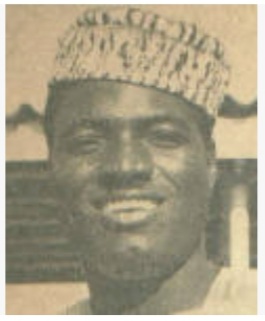 Photo credit: Wikipedia
Photo credit: Wikipedia
Same thing is going on all over Nigeria. The young of Nigeria yearn for good governance and equal access to opportunity, and Peter Obi has promised to lead them there.
In his lifetime, Joseph Tarka formed and led the United Middle Belt Congress which articulated the political aspirations of the peoples of the Middle Belt to be free of the feudal yoke of the Sokoto Caliphate. The Middle Belt region form the ecological transition zone sandwiched between the savanna grassland of the north and the equatorial forest region of the south. The Middle Belt is drained by the Niger and Benue River, and it appropriates some of the most fertile farmland in Africa.
Joseph Tarka tried to unite and organize these peoples for socio-political action. They didn’t always agree but they never denied their shared history and common destiny:
First, during the Arab Tran-Saharan Slave Trade, slave raiding parties – from Sokoto, Zaria, Nupe, and Kanem Borno – who supplied the Arabs, recruited their slaves from this region. This not only depopulated the region but also caused it to unstable. These nationalities began to fight each other: for if one could capture slaves from its neighbours, it could use them to discharge its own tribute in slaves to the invading armies. That could perhaps give context to the primordial enmity between the Tiv and Jukun which subsists to date.
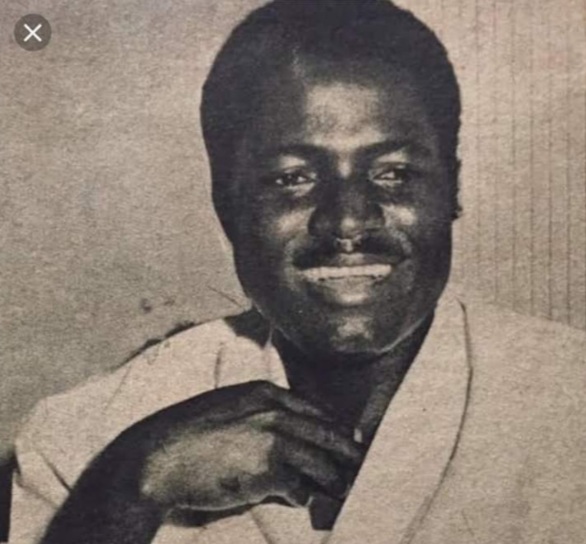
Photo credit: Wikipedia
Second, the injustice and iniquities handed down from British colonialism. On his 2nd mission, Sir Lugard defeated Sultan Muhammad Attahiru in 1904. He then erected provinces under colonial residents. For expediency, he subsumed the Middle Belt nationalities (they number above 250) in the following provinces: Kabba, Muri, Nasarawa, and Bassa. And he did that in such a way that subjugated them to their feudal overlords who had dominated but never conquered them. Upon Amalgamation in 1914, Sir Lugard merged Kabba and Ilorin, and Bassa and Muri, thereby consolidating their subjugation under emirates. In the case of the Berom people, the original inhabitants of Jos, tin was discovered there at the beginning of the 20th century so there was never any question of giving them autonomy.
Third, in the runup to Nigeria’s independence, the MacPherson and Lyttleton constitutions erected three regions – the Eastern, Western, and Northern. A Central Region which would have served as a bulwark against domination by the Big Three tribes of Igbo, Yoruba, and Hausa-Fulani, was not created.
Fourth, after independence the politics of NPC and NCNC on the other hand and the AG and UMBC on the other, caused the creation of the Mid-Western Region to steal geographical influence from AG. That primary objective was achieved but it was at the expense, again, of the uncreated Central Region.
Finally, on the eve of the Nigerian Civil War, in 1967, Col. Yakubu Gowon (Ngas) with what was normally reliable competent advice from Chief Phillip Asiodu (Anioma) and Chief Allison Ayida (Itsekiri) erected 12 states. It achieved its primary objective to render Biafra, “a dot in a circle, with access to nowhere!” – in the words of General Buhari, 54 years after the fact. But in the creation of a North Central State, Gowon and his advisers committed a grave injustice on the peoples of Central Nigeria. “North Central” is an expendable oxymoron with only political connotations in geography. Again, it entrenched the primordial injustice in that region by subjugating them to the emirates who claimed sphere of influence.
We might have expected better from persons who were drawn from the so-called minority nationalities. But you get the picture. Injustice is easier passed down the ages. The fallout is what you see happening in Southern Kaduna with the daily massacres, abductions, and targeted assassinations in the midst of what appears to be indifference by Governor Nasir El-Rufai.
As the countdown to the electioneering campaign to choose a new president in 2023 begins, the 3 major parties have chosen their standard bearers. The choice of a vice presidential candidate is a key test of the quality and integrity of the decision-making quality and integrity of a candidate. In picking Governor Emmanuel Okowa of Delta State, Atiku exhibited his moral bankruptcy. The disqualifier of Okowa for me was that he was the governor when little Success was sent home from elementary school for nonpayment of fees. Success’s articulation of her determination to go to school was captured on a video that went viral.
When the international press arrived, they saw a leaky school with children huddled in a swamped morass that was not even fit to rear pigs. So, why would Atiku pick a guy like that to be a vice president?
Tinubu has a vice president selection issue on his hands. He’s a Yoruba Muslim from the South-West, and he needs a Northerner. But the political influence peddlers from the north, who decide such matters, are finicky, fickle, and inflexible. They have a very long list of whom and what they don’t want for vice-president. “We won’t vote for a Christian!”, they let you know up front. That was how they gave Amb. Babagana Kingibe(Muslim Kanuri) to Chief M.K.O Abiola (a Yoruba Muslim). Kingibe was never anywhere near Abiola’s struggle to actualize his mandate. He was the first to turn. If Tinubu settles for a Muslim-Muslim ticket, it won’t tell us anything new. But it will confirm that for his presidential ambition, the end justifies the means.
So, all eyes are on Peter Obi and the Labour Party not only to choose a vice president but to make a statement of departure from all things old. They will have to show courage and a sense of justice to correct historical wrongs. Thank God, they are over the Kwankwaso fiasco. Kwankwaso is an offshoot of the Establishment. He doesn’t know meritocracy, and as far as I am concerned, entitlement breeds betrayal.
Peter Obi is on a fateful mission to help Nigerians discover good governance. The Nigeria youth supports him. Can he give us a down payment on his vision of a New Nigeria by selecting a Muslim from the Middle Belt? Let Joseph Tarka smile on our aspiration this July.
+
IK Albert Ngene, a retired community practice pharmacist, is PBA’s Public Interest Analyst and writes from Atlanta.


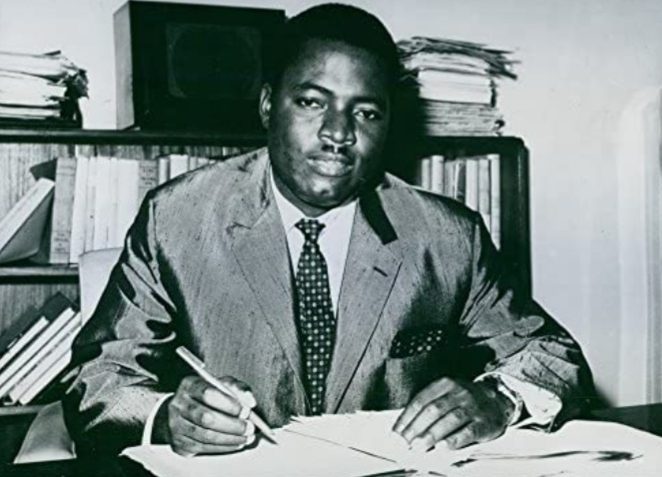
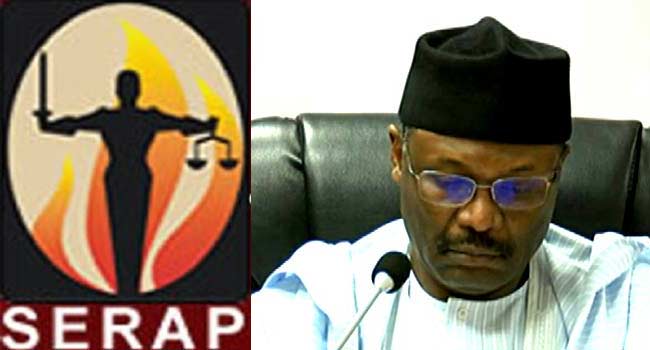
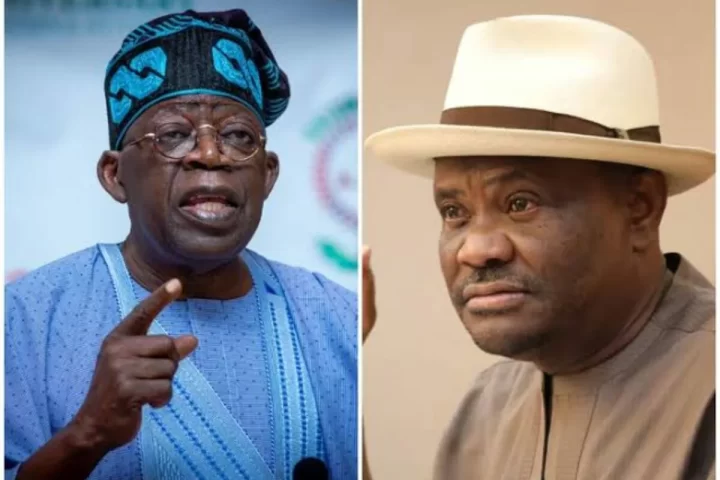
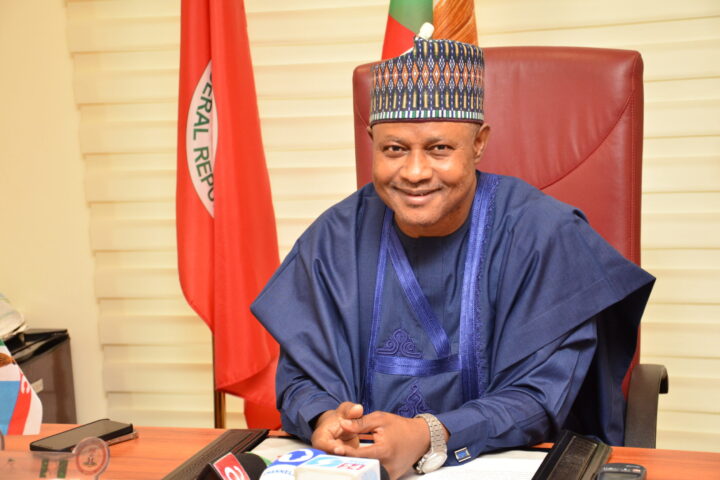






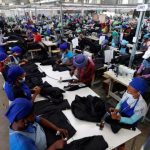

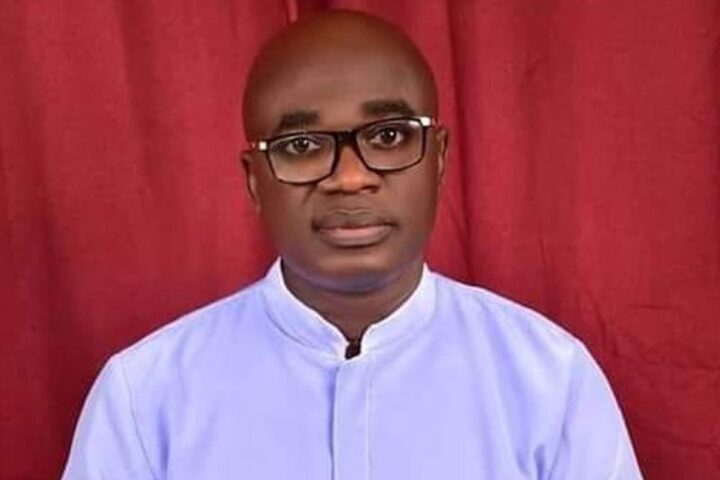
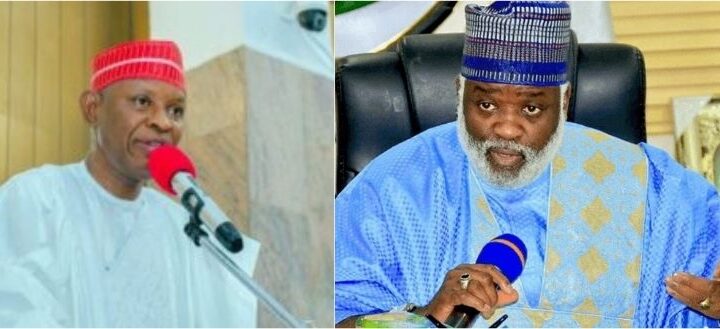
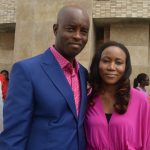
Follow Us